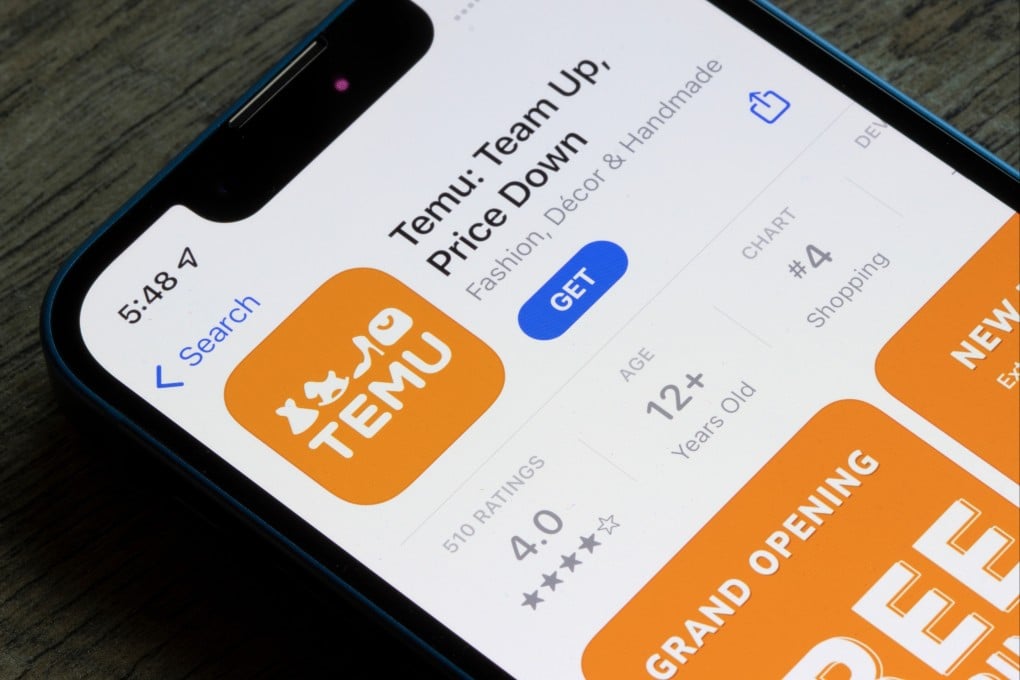PDD’s Temu enters South Korea as global budget shopping race with Shein, Alibaba heats up
- Temu kicked off its Asian expansion last month with a launch in Japan, and has signalled interest in the Southeast Asian market
- In South Korea, Temu will be competing against Alibaba’s AliExpress, which has established a foothold in the country

The local version of Temu is sticking to its low-price strategy, offering coupons up to 37,700 won (US$30) for new members and discounts as high as 90 per cent off on select items for a limited time.
It is a tried-and-tested playbook that has helped the online marketplace climb to the top of Google and Apple’s free-app rankings in the US, where it launched last year.
Temu is cooperating with third parties in South Korea to provide local customers with “last-mile” logistics and delivery services, according to a report by Chinese business news outlet Jiemian on Monday.

The move follows Temu’s arrival in Japan on July 1, which marked the app’s official debut in Asia. Temu is currently the No 1 shopping app on Japan’s iOS store.
The shopping platform is available in more than 27 countries and regions globally. Its owner, Chinese e-commerce giant PDD, also operates Pinduoduo, a separate app exclusive for China.